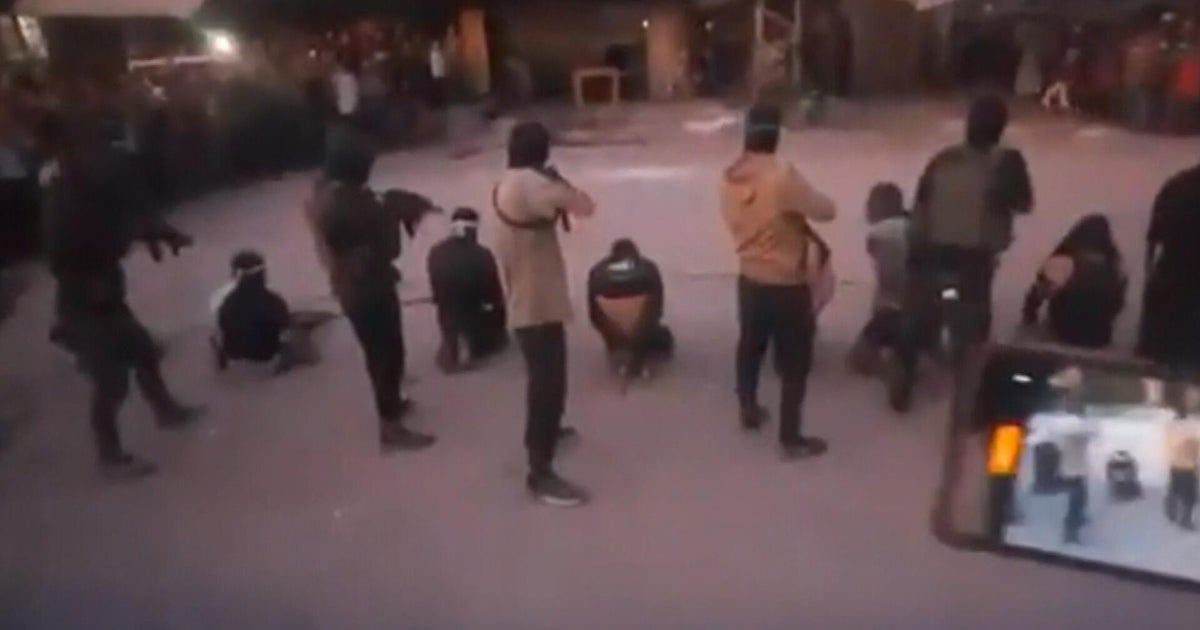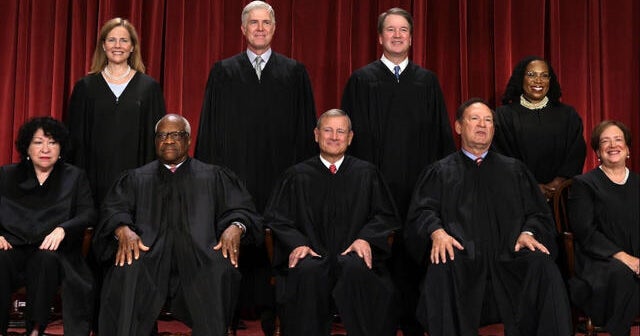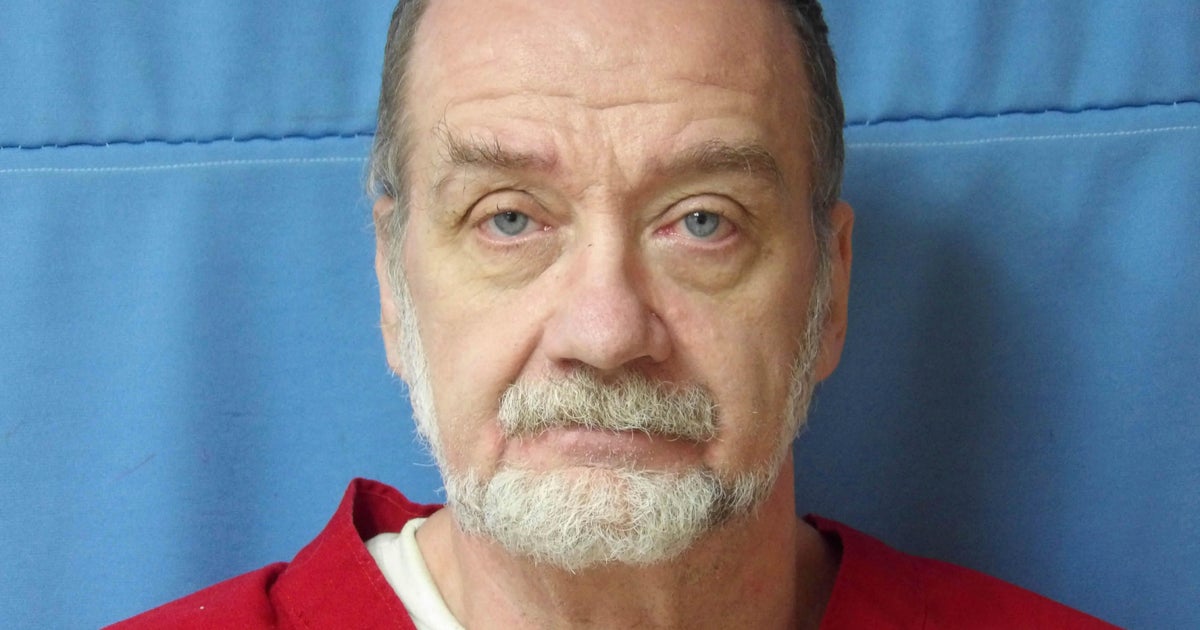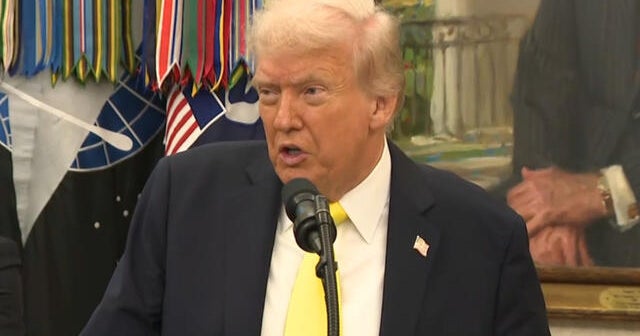You have a preview view of this article while we are checking your access. When we have confirmed access, the full article content will load.
Montana is defending the actions of law enforcement officers who did not have a warrant when they responded to a possibly suicidal Army veteran.

Oct. 15, 2025, 5:04 a.m. ET
The panicked call to the police came from William Trevor Case’s ex-girlfriend. He had a loaded handgun, she said, and had threatened to kill himself previously.
Mr. Case, an Army veteran, was well known to law enforcement officers who went to check on him at his home near Butte, Mont. Mr. Case had “tried this suicide by cop” stuff before, one of the officers said, using profanity, according to a body-cam recording from the fall of 2021.
The officers from the Anaconda-Deer Lodge County Police Department eventually entered Mr. Case’s home with their guns drawn, yelling to announce their presence. They did not have a warrant.
When Mr. Case suddenly emerged from a closet, his arm outstretched with what appeared to be a gun, an officer shot him in the abdomen. The veteran, who survived, was convicted of assaulting the officer.
He appealed that conviction, arguing that a gun and other evidence from his home should not have been presented at trial because the officers had entered Mr. Case’s home without a warrant.
The Supreme Court on Wednesday will consider Mr. Case’s appeal, weighing when the police can enter a home without a warrant based on reports that someone inside may need emergency help. The outcome has implications for police tactics and the expectation of privacy in one’s home. Mr. Case’s position has the backing of civil liberties groups. The Trump administration is supporting the state.

 17 hours ago
1
17 hours ago
1
.jpeg)























.jpeg)












 English (US) ·
English (US) ·